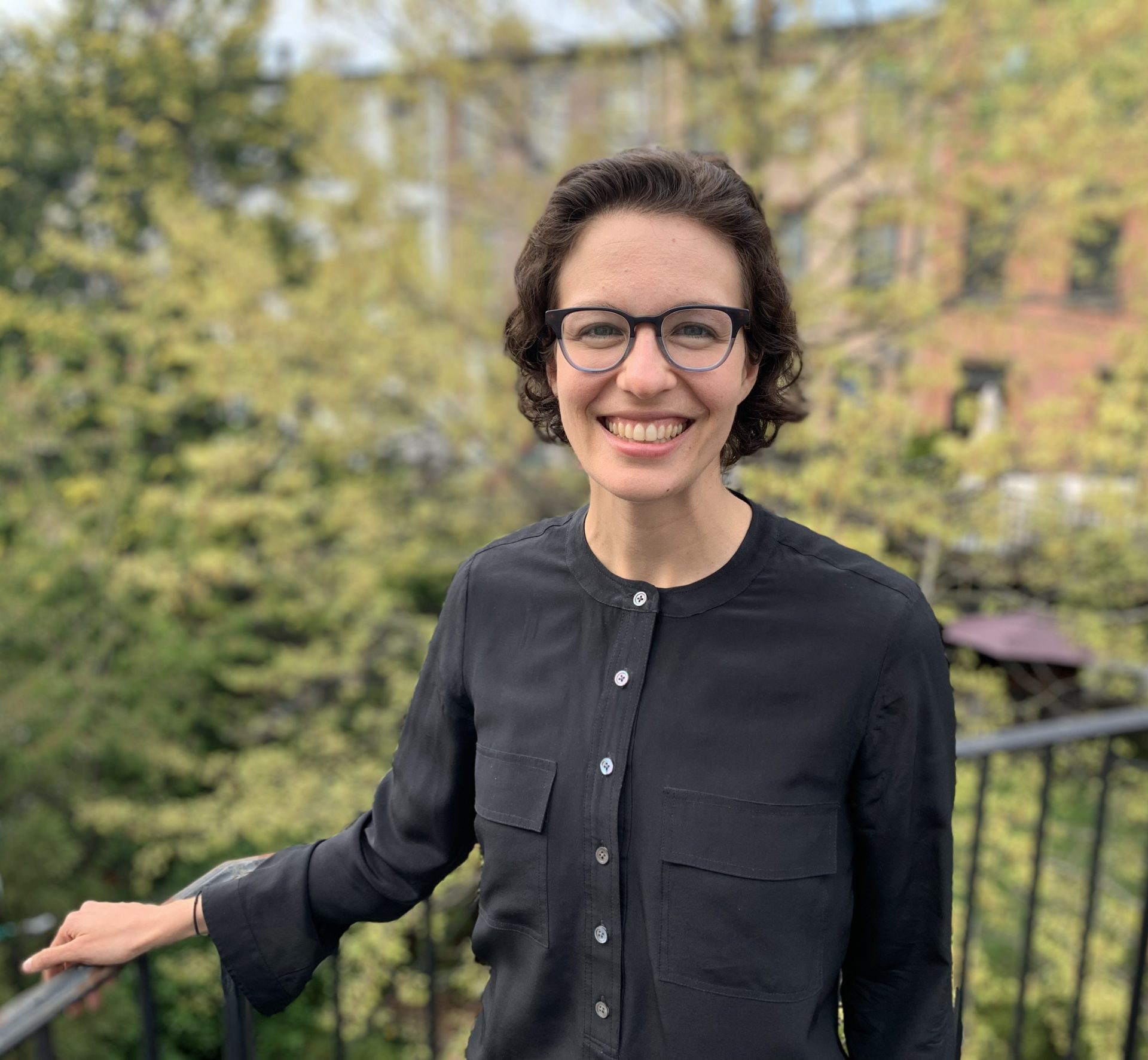In the United States, less than half of high-achieving students from low-income backgrounds who graduate from high school apply to colleges that scan as a good academic fit for them.
While structural issues, including a lack of resources or institutional knowledge, can play a huge role in perpetuating this inequity, for many students, applying to the nation’s top universities can pose a crisis of confidence. Although attending a leading college or university can be a critical step in charting a path towards a brighter future — and despite the fact that generous financial aid packages can, counterintuitively, often mean that highly selective schools are a cheaper alternative than less competitive options — many students lack exposure to peers or teachers who have themselves applied to top colleges.
In the fall of 2014, Madeline Kerner founded the national nonprofit Matriculate in the hopes of giving students the hope, support, and models for success they need to thrive in and beyond their education careers. The organization began working to train college students from top universities like Columbia, Princeton, and Yale as Advising Fellows, who would then in turn work with high-achieving, low-income high school students in order to create pipelines to excellence. Today, Matriculate partners with Advising Fellows across 16 partner colleges and universities in an effort to guide students through their applications process and provide a model for the success they can achieve.
NationSwell spoke with Madeline about Matriculate’s impact and how creating new educational opportunities can have a transformative impact on talented students across the U.S.
NationSwell: Tell us a little bit about the inspiration behind your work — what was the impetus for founding Matriculate? How would you explain your mission statement?
Every year, thousands of students from low-income families and diverse communities have done everything we could expect of a high school student and excelled, yet too few of these students land at a college commensurate with their track record and with enough funding to make it through. As a result, talented students across the country are not able to access the opportunities they deserve and have earned. My interest in co-founding Matriculate came in part from my own values — I was in college at the same time my 85 year-old grandparents were working on getting their degrees. Education unlocked opportunity for me and my family. But more than that, I believe all students should have the support they need to thrive. At Matriculate, we serve as allies to talented students from rural, suburban, and urban communities from coast to coast as they navigate the college application and decision-making process and encourage students to attend colleges where they will have the support they need to succeed and pursue their dreams. We hope our work can contribute to forging a higher ed system that is truly representative of the talent in our country.
NationSwell: For a lot of reasons, it must be a tough time to be working in the education space. Is there anything about these last two years of pandemic that has informed or influenced your work in a way that’s surprised you?
It really has been tough. On the one hand, I am so ready for human connection in person. At the same time, we’ve learned how powerful, flexible, and effective virtual connection can be. Matriculate provides (and always has provided) virtual advising to support talented high school students from low-income families, which enables us to support students in hard-to-reach communities. Matriculate recently received the results of a gold-standard, randomized control trial in partnership with Bloomberg Philanthropies and CollegePoint and we’ve learned that the model is highly effective. Through virtual relationships, student are building meaningful, empathic connections with advisors. Matriculate students are going on to attend the top 80 colleges at a rate 24% higher than a pure control group. Our students also persist at statistically significant higher rates. So I am persuaded that while we all need in person human connection to break out of the challenges of the past two years, virtual connection can be very powerful.
NationSwell: Are there any initiatives coming up that you’re particularly excited about?
Yes! We’re exploring social capital—how deep connections formed between highly trained undergraduate advisors and high school students can prepare students for the college experience, help them know they belong, and help them anticipate the challenges they may face and how to navigate those issues. We are also developing new strategies to identify and connect with rural, first gen, and underrepresented students of color across the country, in part by leveraging our networks of thousands of students and advisors.
NationSwell: Do you have any helpful advice for people trying to understand how to lead or do impactful work in these uncertain times?
It has been very meaningful to be able to make a contribution during a time of great stress and uncertainty for young people and, at the same time, I have found it to be a very challenging time to lead. I have, not surprisingly, learned to hold plans very loosely and be more firmly guided by values and to reach out to connect and listen for what I don’t know.

 "
"